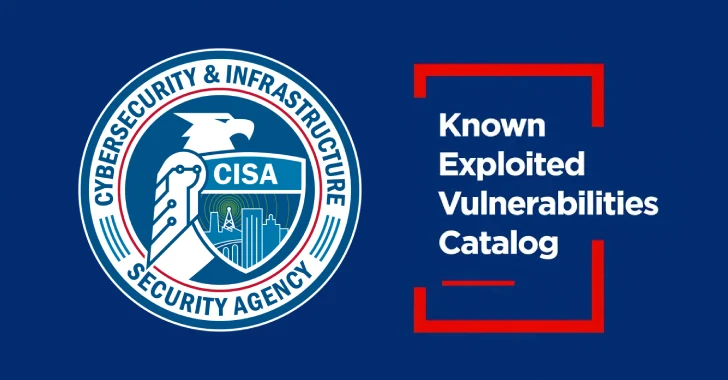CrushFTP, a widely utilized file transfer solution, has recently been identified with a critical security vulnerability that permits unauthorized access through standard web ports, effectively bypassing established security protocols. This flaw poses a significant risk to organizations that depend on CrushFTP for the secure transfer of sensitive files.
On March 21, 2025, CrushFTP’s development team alerted their user base to this security issue via email communications. The advisory highlighted that both versions 10 and 11 of the software are susceptible to this vulnerability under certain configurations. Notably, systems employing CrushFTP’s Demilitarized Zone (DMZ) functionality are reportedly not affected by this specific flaw.
A security analyst from Rapid7 emphasized the gravity of the situation, stating, “The unauthorized port access vulnerability creates a significant security risk for organizations relying on CrushFTP for sensitive file transfers. The vulnerability allows attackers to potentially gain initial access without authentication, which represents a critical security breakdown.”
File transfer technologies like CrushFTP are prime targets for ransomware operators and other malicious actors aiming to swiftly access and exfiltrate sensitive organizational data. The recurrence of such vulnerabilities in CrushFTP underscores the necessity for robust security measures and prompt responses to emerging threats.
Technical Mitigation Steps
In response to the identified vulnerability, CrushFTP has released version 11.3.1, which addresses the core HTTP(S) port handling mechanism that allowed unauthorized access. Security experts strongly recommend that organizations update to this latest version immediately, without waiting for regular patch cycles.
To enhance security posture, organizations should:
– Update to CrushFTP v11.3.1 or Later: Ensure that the latest security patches are applied to mitigate the vulnerability.
– Implement DMZ Functionality: If immediate updating is not feasible, configuring CrushFTP’s DMZ functionality can provide an additional layer of protection.
– Review Access Logs: Regularly monitor access logs to detect any unauthorized access attempts, which can indicate potential exploitation of the vulnerability.
– Conduct Security Audits: Perform comprehensive security audits of the file transfer infrastructure to identify and remediate any other potential vulnerabilities.
Rapid7 has developed detection capabilities for this vulnerability within its security products. As of March 21, 2025, InsightVM and Nexpose customers operating CrushFTP on Linux systems can assess their exposure to the unauthenticated HTTP(S) port access issue using the available vulnerability checks.
As of March 25, 2025, there have been no reported instances of this vulnerability being exploited in the wild. However, given the critical nature of file transfer systems and the historical targeting of similar vulnerabilities shortly after disclosure, security professionals stress the importance of rapid patching and proactive security measures.



